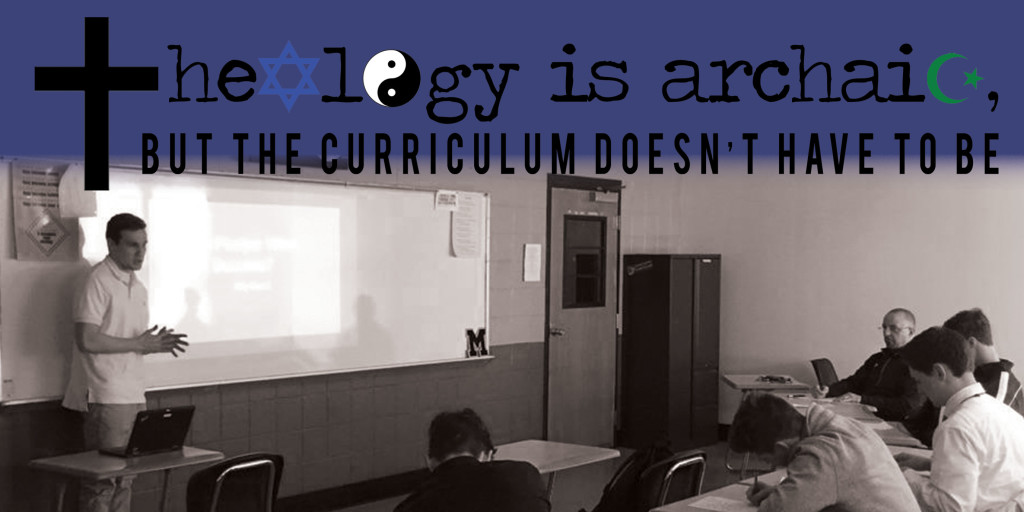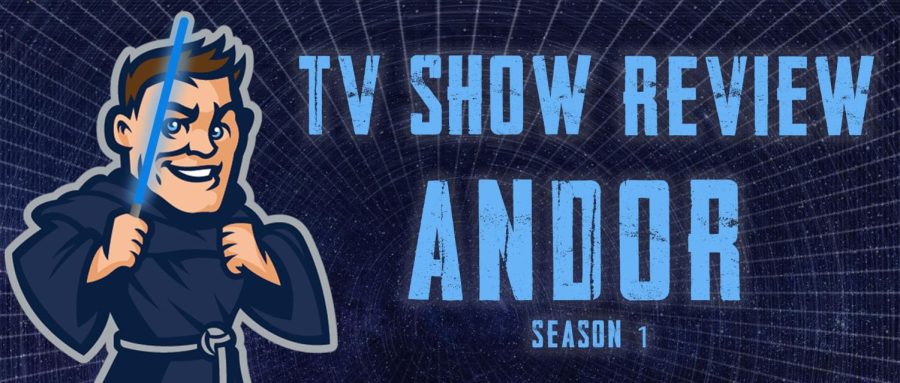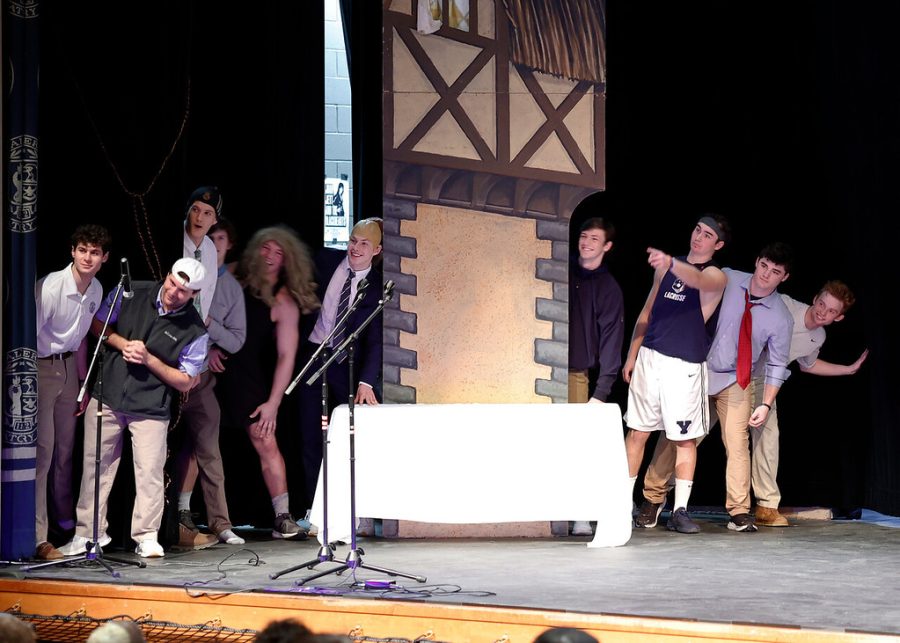The way Malvern teaches Theology is out-of-date. Here’s our proposal to adapt it to the realities of today.
There are two main philosophies a Catholic education institution can take in its faith-based identity.
One is to try to present the Catholic teachings and ideals to form young men who keep these values in mind.
The other is presenting various religions’ teachings on topics with a core value system based in Catholicism – like empathy, service, unitas, caritas, and veritas.
[perfectpullquote align=”right” cite=”” link=”” color=”” class=”” size=””]In order to lead tomorrow in a shrinking world, we need to learn more about other religions and backgrounds today.[/perfectpullquote]
The current theology curriculum is a reflection of the first school of thought in Catholic education, but the Editorial Board believes a Malvern theology curriculum revolved around discussion and differing viewpoints would create a stronger student, community, and religion.
Students would have an enhanced understanding of a globalized world and more importantly have a stronger spiritual identity founded upon personal exploration, rather than unilateral instruction.
Currently, freshmen have Biblical Studies and sophomores have History of the Church. We agree that students at a Catholic school should have a firm understanding of the Church’s foundation and traditions.
But when junior and senior year classes discuss the social teachings of the Church, Malvern has room to grow into a more inclusive approach.
During junior and senior year, students hear an excessive amount on premarital sex, abortion, homosexuality, among other topics.
Then, tests typically require writing out the same response over and over again.
The topics run dry and the conversations become empty. According to Malvern’s website, the student body is 85% Catholic. That 85% can often lose interest in repetitive, black-and-white teachings. For the 15% of students who are not Catholic, when these classes are presented only in the context of Catholic social teachings, the lessons are irrelevant and can feel ostracizing.
What if the theology curriculum was different?
Freshman should still take Biblical Studies to understand the Church and the context of its teachings.
However, once that foundation is built we suggest that the rest of theology is divided into six semesters each revolving around a significant social issue. It is more important to talk about these current issues than continue with History of the Church sophomore year, and solely the Catholic teaching on various social issues junior and senior year.
For example, second semester junior year, students might take class on human life. The crux of the class would be Catholicism’s teachings on the issue and incorporate relevant prior events from the Church’s history. This would then also be supplemented with perspectives from other religions and groups. Students can internally grapple with these issues during class discussions and, over time, develop their own beliefs.
Students must learn the foundations of various belief systems in the context of respect. St. Augustine framed the best strategy for handling conflicting perspectives when he said, “I learned most, not from those who taught me but from those who talked with me.” Respectful dialogue forms young adults who are firm in their beliefs, and who can analyze the world in the future to make educated decisions.
We are not theology experts who could best determine the semester topics, but we do believe this change will be beneficial for the Malvern community.
The Editorial Board finds three major benefits of the change in curriculum.
One: the community would be more understanding and accepting of others. If every student is learning about all these different religions with equal merit, they will come to understand and respect people with different beliefs than their own. You may have chosen to come to a Catholic school, but the expectation with that should be that you have also chosen to come to a school that does not discriminate on the basis of creed.
Two: the world is shrinking. Malvern has made a very intentional attempt to move to the new digital globalized age, by expanding the foreign exchange program, adding Mandarin to the curriculum, and emphasizing service trips abroad. All of this brings students closer to people of other faiths during their time at Malvern. We will be expected to do this once we leave Malvern. Therefore, Malvern can and should produce stronger, well-rounded young men by exposing students to other faiths and religions.
Three: Finally, when students develop beliefs, they have them for a reason. It’s not just because they were told these things. Students will have a profound understanding of the issue and a belief of their own, and no other.
For those of you reading this thinking this is a step away from Malvern’s Catholic faith to be more politically correct – it’s not.
The world around us is changing and we need to have our theology curriculum better prepare our young men for today’s world by talking about the issues from all viewpoints.
Malvern would and should still have its deep-rooted Catholic identity. Traditions of MECO, service weekends, and masses must continue.
However, 21st century education cannot exclude the Theology department, and our proposal brings it to the modern day.
Some Catholic universities such as Georgetown University in Washington D.C. understand the value of this philosophy. That is why there are more than 50 different religious services on campus every week, according to their website.
Our Catholic identity is not an excuse for only presenting Catholic ideas in theology class.
In order to lead tomorrow in a shrinking world, we need to learn more about other religions and backgrounds today.








Nathan • May 4, 2016 at 10:39 am
I strongly disagree, someone who has a loose grip of theology and social teaching of the Church at an Augustinian, Catholic school would seem to write this.